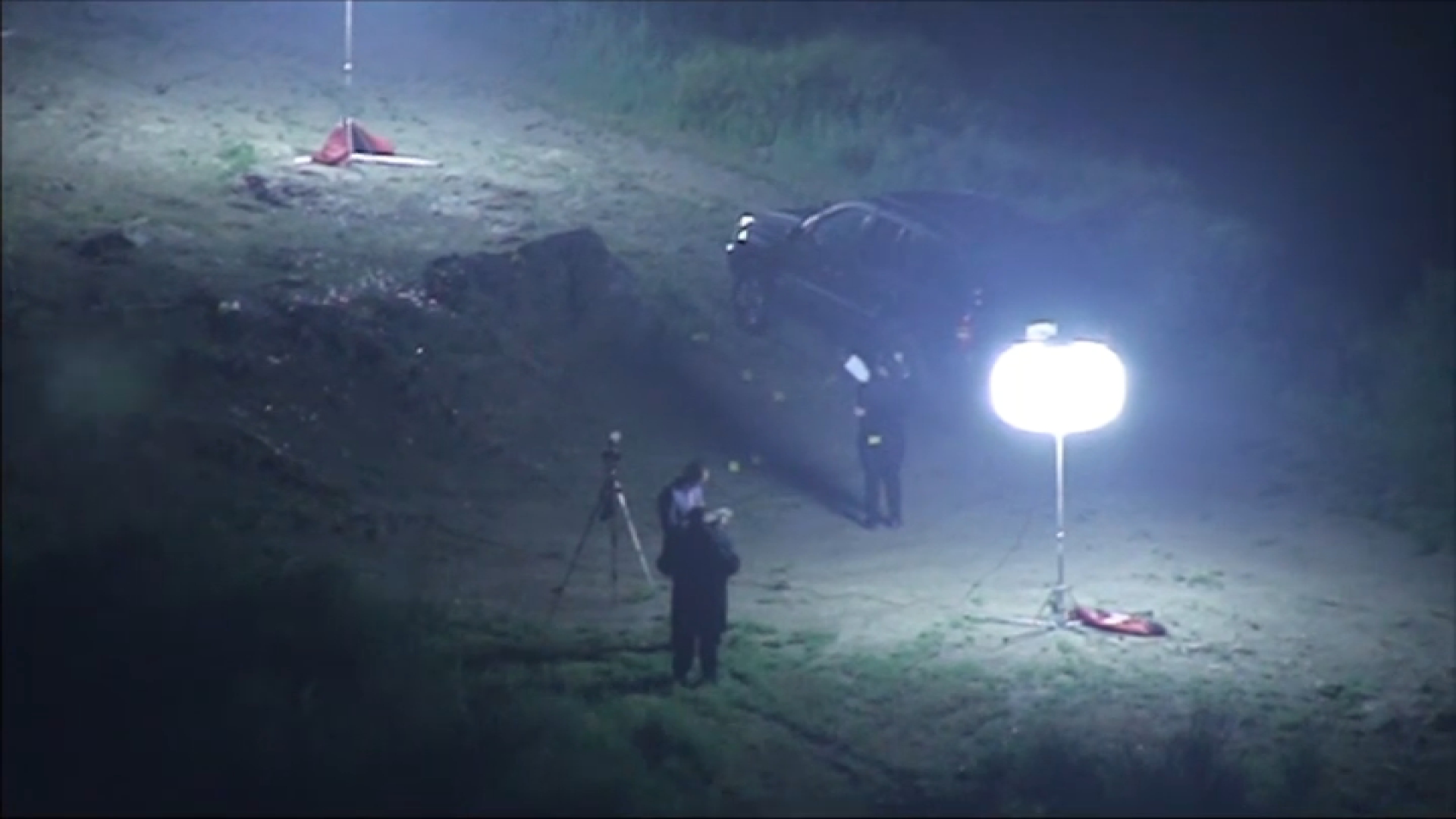LA firefighters are slower to respond to medical emergencies -- such as heart attacks and car crashes -- than fires, and the system for tracking response times is unreliable, according to a city audit released Friday.
The audit, released by City Controller Wendy Greuel, shows that since July 2009, average response times for medical emergencies have increased by 12 seconds, from 4 minutes, 45 seconds to 4 minutes, 57 seconds.
Responses slowed as the department shifted resources due to a city budget crunch.
The area seeing the slowest times was the San Fernando Valley, where average response times jumped by over 20 seconds. East Los Angeles, San Pedro, and the downtown metro area each saw response times increase by an average of 18 seconds.
The report found that response times for non medical emergency calls dropped, from an average of 5 minutes, 18 seconds to 4 minutes, 57 seconds. Response times for structure fires have stayed relatively flat, going from 3 minutes, 36 seconds to 3 minutes, 37 seconds.
"Public safety is absolutely the city's top priority," LA Councilman Mitch Englander, the chairman of the Public Safety Committee, said in a statement. "We must have accurate numbers on fire response times because you can't fix what you can't measure."
Los Angeles Fire Chief Brian Cummings said in a statement that he had not had an opportunity to read the audit and so could only comment generally.
"The Los Angeles Fire Department is committed to dispatching the appropriate resource to the correct address as quickly as possible for every single incident to which we respond," Cummings said.
Greuel's report said it was unclear if the department met its goals because nearly a third of the 1.9 million calls her office reviewed were not clearly classified as emergency or non-emergency. So there was no way to compare to the standards put out by the National Fire Protection Association.
Local
Get Los Angeles's latest local news on crime, entertainment, weather, schools, COVID, cost of living and more. Here's your go-to source for today's LA news.
The calls, the audit said, “could be categorized as either an emergency or a non-emergency, at the discretion of the dispatcher.”
Greuel’s report calculated both the actual response times, which include just turnout and travel, and real response times experienced by the caller, which include call processing. Since July 2009, real response times for EMS have increased by 20 seconds, from 6 minutes and 48 seconds to 7 minutes and 8 seconds. Nearly half of this increase is attributable to a 9 second increase in call processing time, which has increased from 95 seconds to 104 seconds.
The audit comes during budget deliberations as city officials struggle with a $240 million city deficit.
It also comes as a shrinking staff of fire department mechanics are struggling to keep up with a growing backlog of repairs to the department’s fleet.
The audit comes more than two and a half months after NBC4 first reported sagging response times at the LAFD.
Follow NBCLA for the latest LA news, events and entertainment: iPhone/iPad App | Facebook | Twitter | Google+ | Instagram | RSS | Text Alerts | Email Alerts



